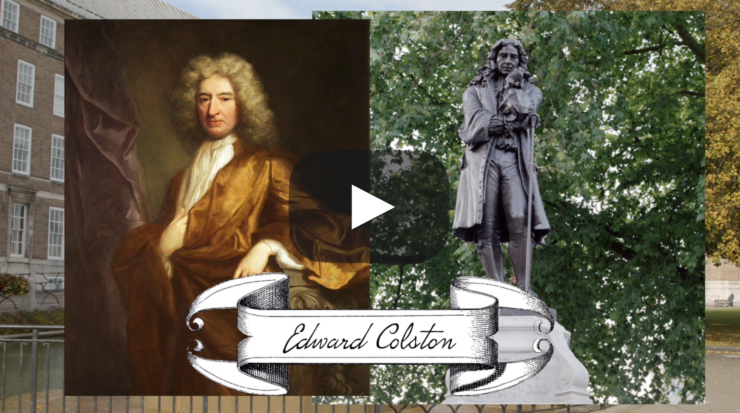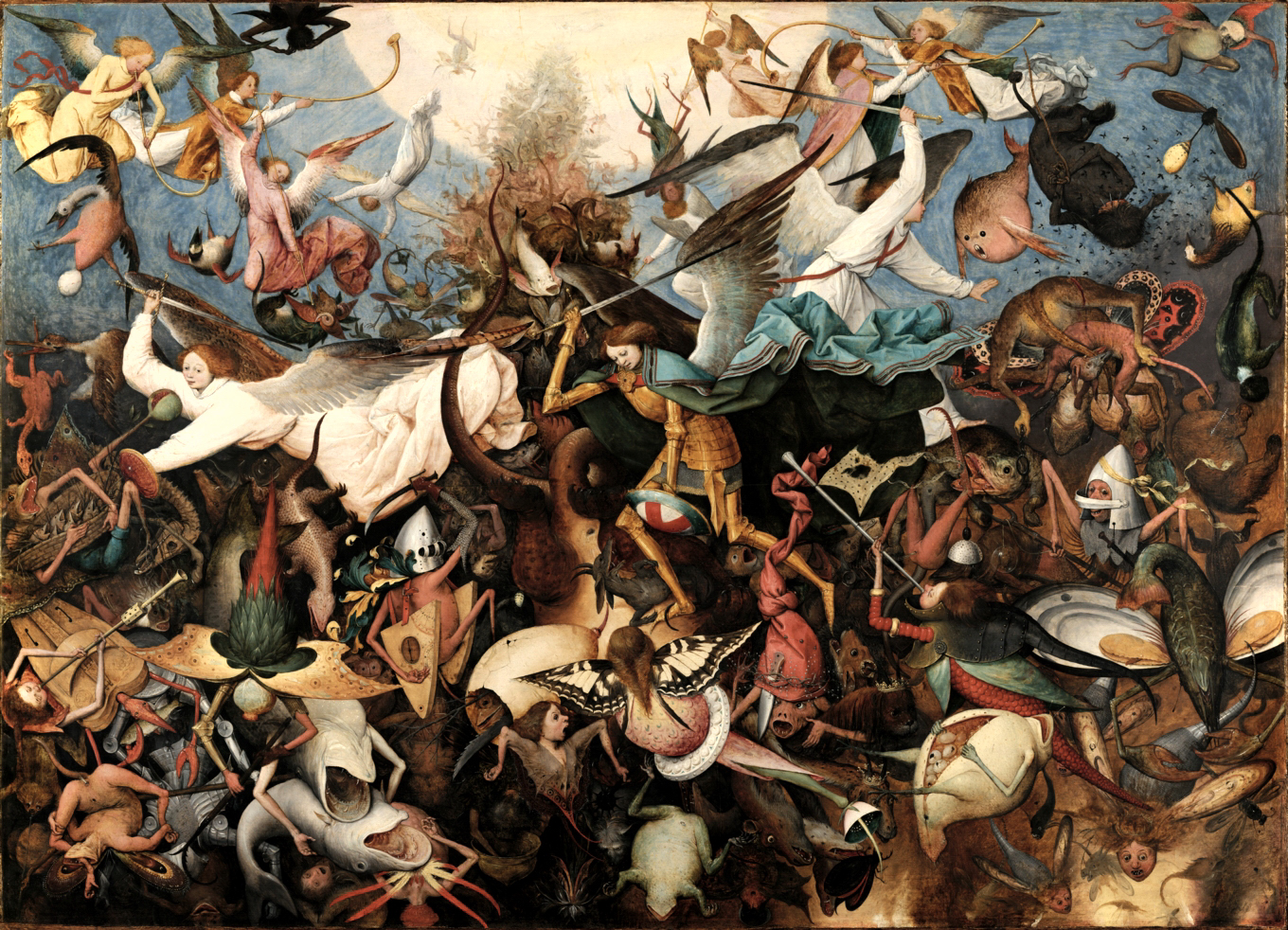Actualiteit
Revisiting Being Good at Humanities
Being Good at Humanities (HHP2V17001) brings together Honours students from all areas of study in the Utrecht humanities. In this course, students discover what it means to be a humanities student. What makes a good humanities scholar? What can that person do? What is that person concerned with? Asking these questions in groups of diverse students leads to a variety of answers, as will be seen in the two videos below that were created as a product to conclude the course.
Mediated Collective Memory
Via Jackson Moffatt
 (watch this video by clicking on the image above and logging in to your UU account)
(watch this video by clicking on the image above and logging in to your UU account)
This video was produced as part of the course Good in Humanities, within the Humanities Honours Programme at Utrecht University. Jackson Moffatt and Veronica Granito are both Media and Culture students, Theresa Rauch is a History student, and Leonardo Sorrentino is a Literary Studies student.
The video uses what was at the time a heavily discussed case – the toppling of the statue of controversial historical figure Edward Colston – in order to consider the idea of a collective memory in society. Selective portrayals of the history of such figures help to clarify the process through which a collective memory is constructed within society, in turn making decisions about what and who is granted a public commemorative space, how their story is told, what is included, and perhaps more importantly what is omitted.
By working together and using the knowledge and skills that each of us had acquired during our regular study programmes, we were better able to comment on how this collective memory was created and how it could evolve over time. We reflected on the humanities role in dealing with these shifts in social memory, the aim being to highlight the importance of our field in stimulating critical reflection on everyday issues. The end goal, was to show how our field exists to create informed citizens who can analyse, defend, and justify their positions on complex social and cultural matters.
What About the Humanities?
Via Anh Nguyen Hoàng Ngoc
Inspired by ethics scholar Frans W.A. Brom and his 2019 article “Institutionalizing applied humanities,” we explored the role of the humanities in policymaking from our respective disciplines— History, Literary, and Media studies. Our conversation discussed how the humanities can contribute to the interdisciplinary research and decisions of public policy, more specifically in Dutch universities. We looked into some of the practical policies at play in universities, as well as the experiences of international students. Furthermore, we brought up how policies influence community building, and the role that language and media have in this.
We observed that, true to Brom’s critique on the individualism of the humanities, humanities scholars do not play a direct role on policymaking. This is due to the presumed public task of the humanities, which is to unmask and not support power structures. Additionally, there is a lack of institutional structure for the humanities to influence public policy. These setbacks are particularly problematic in the university context, in our view, since the academic institution should provide settings for critical debates and inputs from the humanities. Hence, it is our belief that the humanities and humanities scholars should strive for a more proactive role in policymaking.

